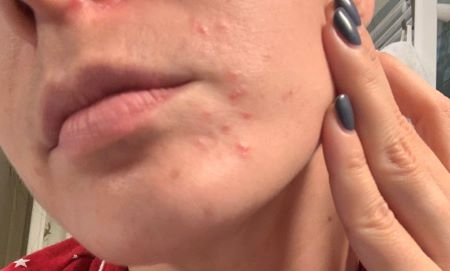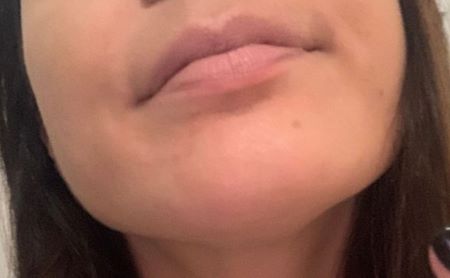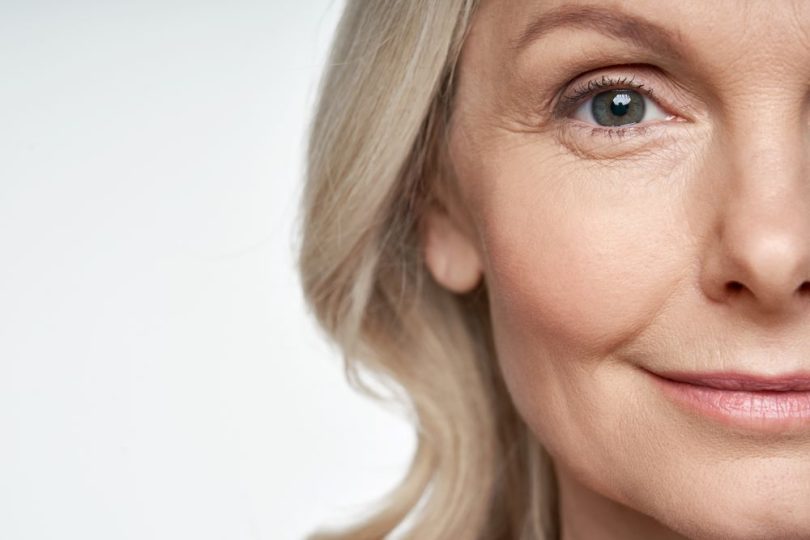We are what we eat, right? Most of us can relate to feeling sluggish, bloated, and uncomfortable after eating a meal that’s deep-fried, sugary, or salty compared to a meal heavy on fresh greens and plant proteins. Consuming a high-fat, sugar, and salt diet regularly can make us feel this way all the time, and it may get to the point where we don’t even realise it. Inside, things are probably going awry.

An alkaline diet, which is rich in fruits, vegetables, nuts, and seeds, is one of the best choices for supporting overall well-being and reducing inflammation. This anti-inflammatory diet can provide numerous health benefits for the body and mind.
But what about the impact of our diet on our skin? Can we eat our way to glowing skin? Can we improve skin conditions such as acne through diet? What role does our diet really play in skin health?
Our skin is built from the inside out and depends on the right nutrition and hydration to produce healthy skin cells daily. While we can’t stop aging, we can slow it down by giving the body the nutrients it needs.
Does What You Eat Really Affect Your Skin?
What we eat regularly has a direct impact on our health. A diet heavily dependent on ready meals, takeaways, and highly processed foods high in salt, saturated fat, and sugar can fast-track us to obesity, metabolic syndrome, type 2 diabetes, high cholesterol, high blood pressure, and potentially, heart disease. The effect of such a poor diet is an unhealthy body.
Conversely, an alkaline diet rich in fresh fruits, vegetables, whole grains, lean protein, and healthy fats is less likely to lead to these lifestyle diseases. This is because highly processed foods are linked with inflammation, a key player in many chronic conditions.

How Does a High Sugar Diet Affect Your Skin?
Sugar is an inflammatory food. Consuming a lot of sugary foods increases insulin levels, which can exacerbate skin conditions such as acne and rosacea by increasing oil production in the skin . Even if you don’t have acne, a poor diet can accelerate skin aging, making it loose and less elastic, with an increase in fine lines and wrinkles.
Does a High Fat Diet Cause Skin Problems?
Essential fatty acids, such as omega-3 found in oily fish, walnuts, and flaxseeds, are great for skin health. They provide the nutrients required for healthy skin and help reduce inflammation . However, diets high in saturated fats can lead to inflammation, worsening acne, and causing redness and irritation.
Can a High Sodium Diet Cause Dry Skin?
Sodium has a dehydrating effect on the body. Dehydration shows in the skin as dryness, irritation, and pigmentation changes . If you consume excess salt, often found in processed foods, it’s time to cut down.
The Best Diet for Healthier Skin
To keep our skin clear and healthy, a good diet is essential. This means eating fresh, whole foods as much as possible and minimising highly processed foods. Hydration is also crucial, so increase water intake and reduce caffeine and alcohol consumption.

The health of our skin is closely linked to our diet. By choosing a nutritious, balanced diet rich in whole foods, we can support both our overall health and skin health, reducing the risk of inflammation and other chronic conditions.
Let’s embrace healthy eating habits for the sake of our skin & our well-being.
Sources
https://www.ncbi.nlm.nih.gov/pmc/articles/PMC3195546
https://www.ncbi.nlm.nih.gov/pmc/articles/PMC3583892
https://www.who.int/news-room/fact-sheets/detail/healthy-diet
https://pubmed.ncbi.nlm.nih.gov/30729448
https://www.ncbi.nlm.nih.gov/pmc/articles/PMC5329615
https://www.ncbi.nlm.nih.gov/pmc/articles/PMC5946223



